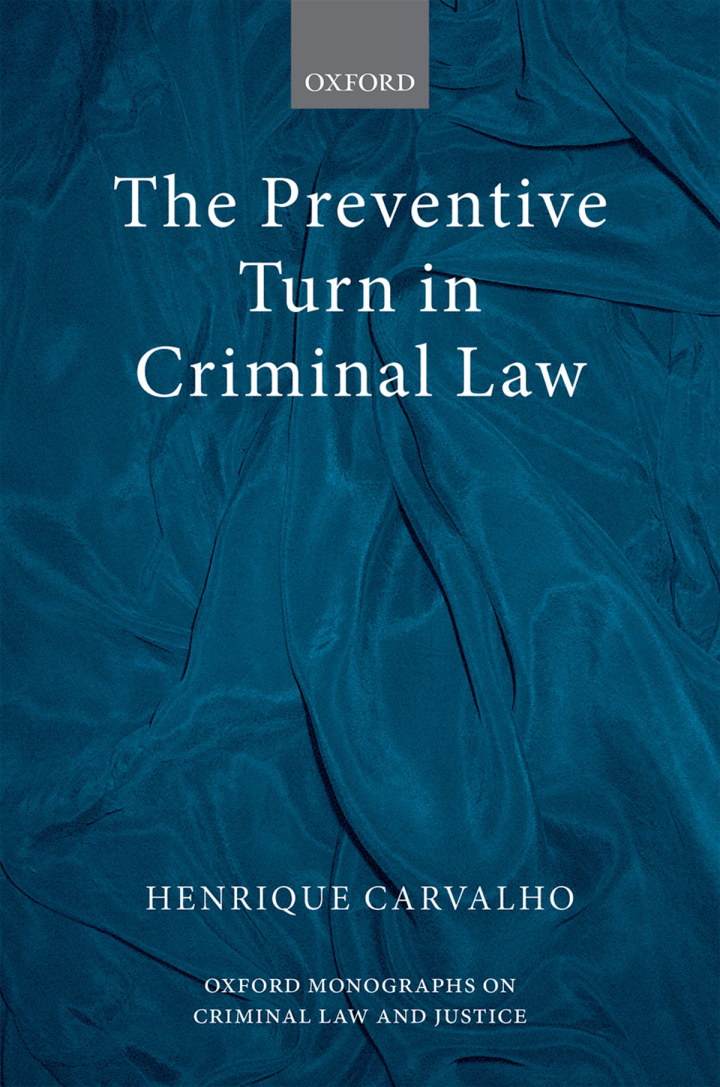The Preventive Turn in Criminal Law
$37.38
Attention: This is just ebook, Access Codes or any other Supplements excluded! / File Delivery: Sent Via Email within 24 hours!
SKU: 831fd430cd6a
Category: Law Textbooks
Description
-
Author(s)Henrique Carvalho
-
PublisherOUP Oxford
-
FormatPDF
-
Print ISBN
9780198737858, 0198737858 -
eText ISBN
9780198737858, 0198737858 -
Edition
-
Copyright
- Details
This book presents a theoretical examination of the rise and expansion of preventive criminal offences that has gained momentum in Anglo-American criminal justice since the late-twentieth century. It shows how recent transformations in criminal law and justice are intrinsically related to and embedded in the way liberal society and liberal law have been imagined, developed and conditioned by their social, political and historical contexts. The book starts by identifying a tension, within contemporary criminal law, between the importance given to the expression of individual autonomy and responsibility, and the perceived need for prevention as a condition for the security of autonomy and the promotion of welfare. The book then traces this tension back to an intrinsic ambivalence within the modern conception of individual liberty, which is both repressed and preserved by liberal conceptions of responsibility and punishment. It finds that it is this tension that ultimately grounds the rise of preventive criminal offences in recent times. The Preventive Turn in Criminal Law engages with the main contemporary literature on criminal law, prevention, risk, security and criminalisation, by deploying a theoretical perspective from both classical and contemporary works of social and political theory, including the works of Hobbes, Locke, Hegel, and Bentham. It does so in order to reveal that the pervasiveness of prevention in twenty-first century criminal law not only represents the consequence of new and unprecedented features of contemporary politics and society, but also embeds long-established features of the liberal legal and political tradition.
Related products
-

Antimonopoly and American Democracy 1st Edition
Rated 0 out of 5$7.80 Add to cart -

A Measure of Freedom
Rated 0 out of 5$29.25 Add to cart -

BEYOND CONSTITUTIONALISM OCON C The Pluralist Structure of Postnational Law
Rated 0 out of 5$22.10 Add to cart -

Commercial Arbitration in Sweden 3rd Edition
Rated 0 out of 5$146.25 Add to cart

